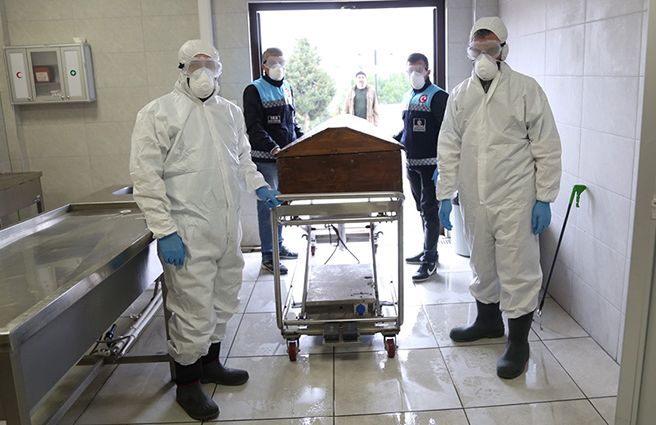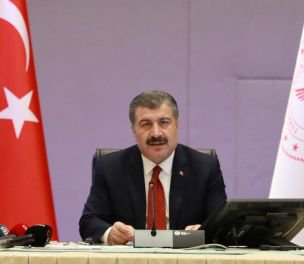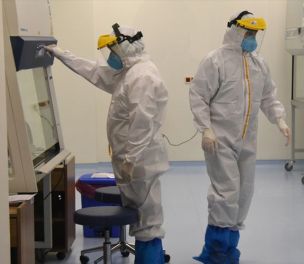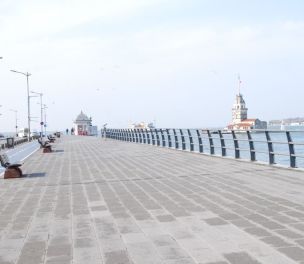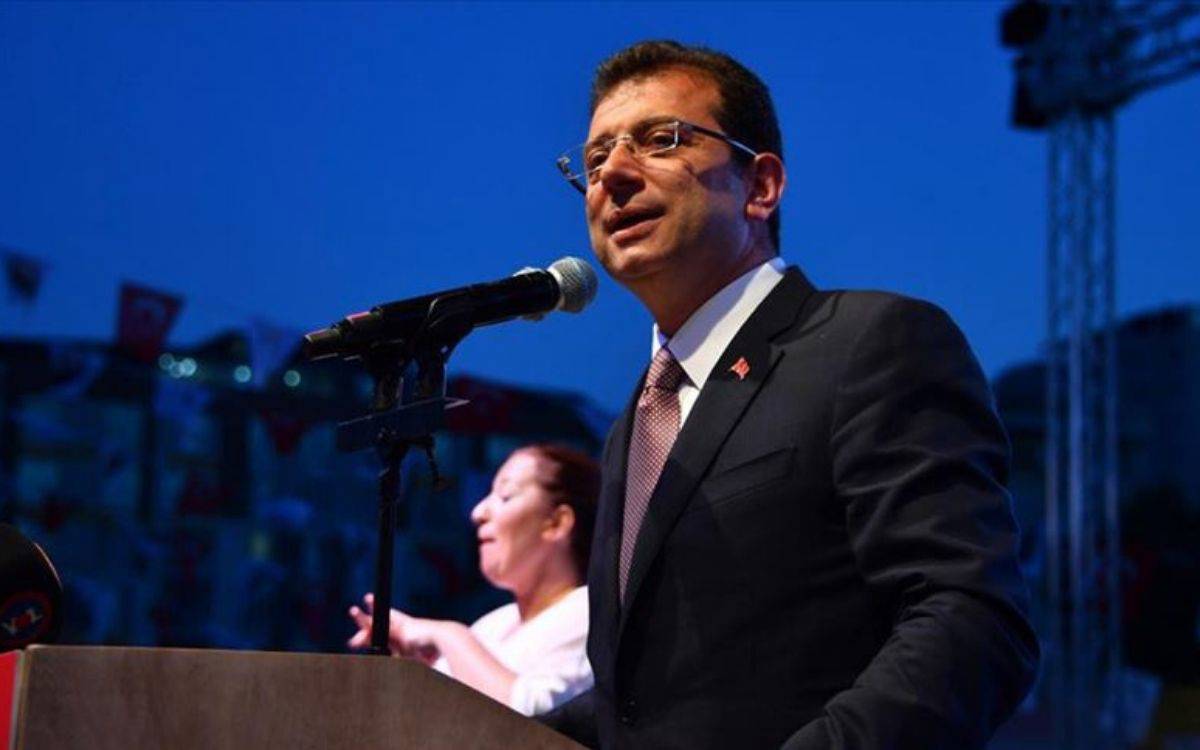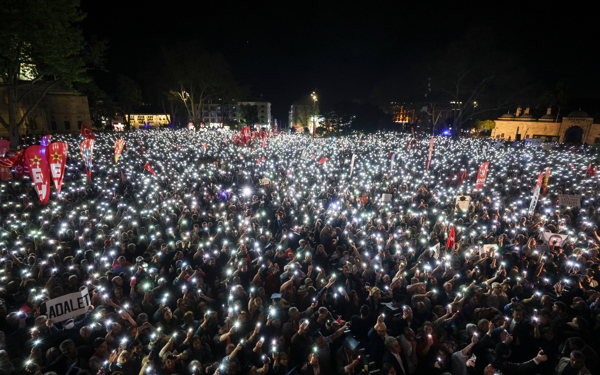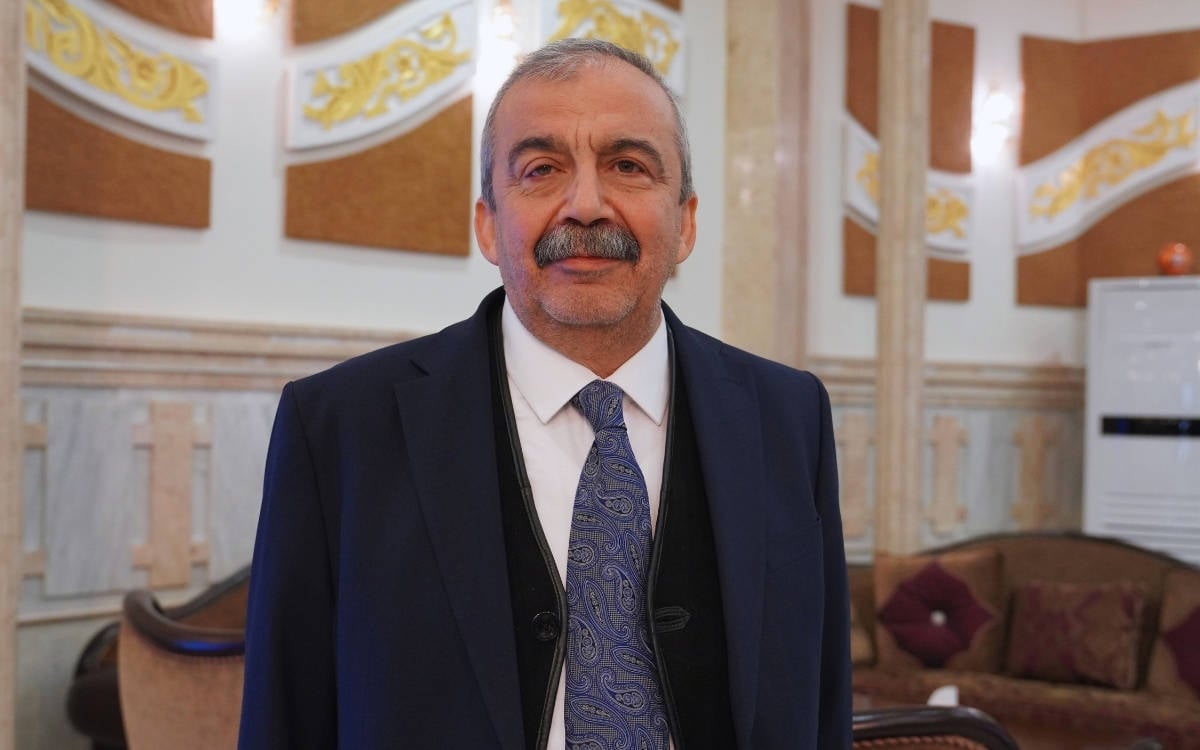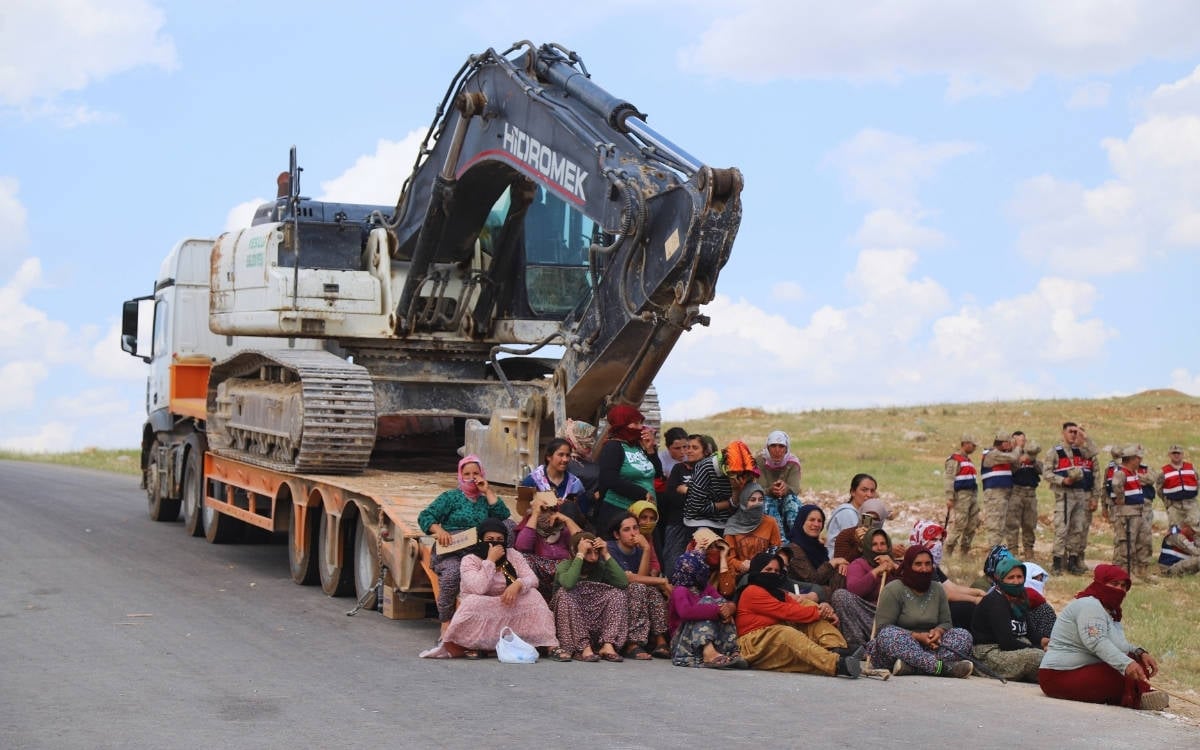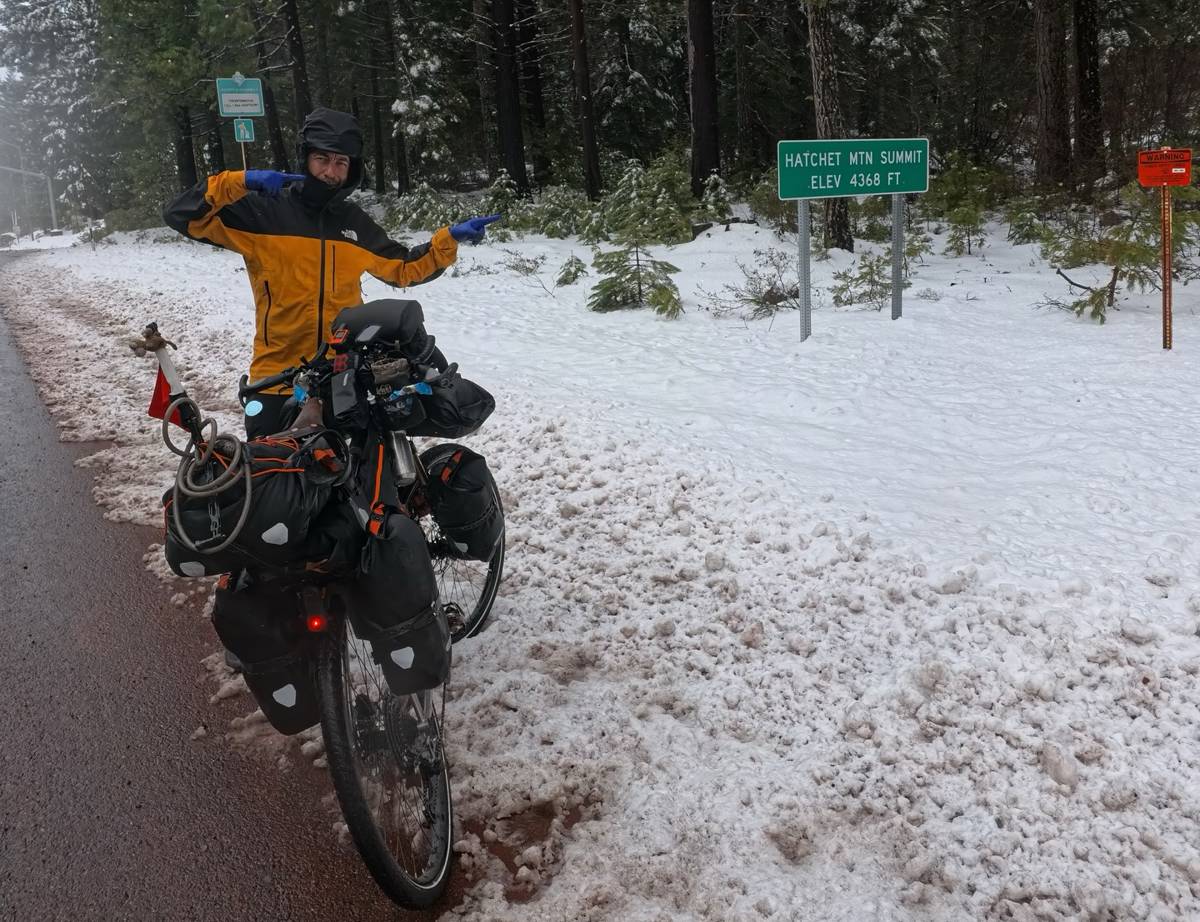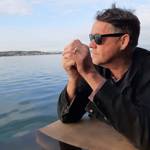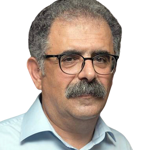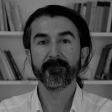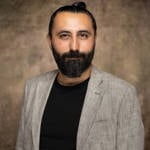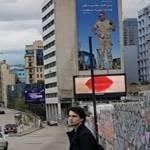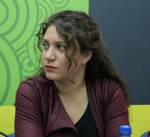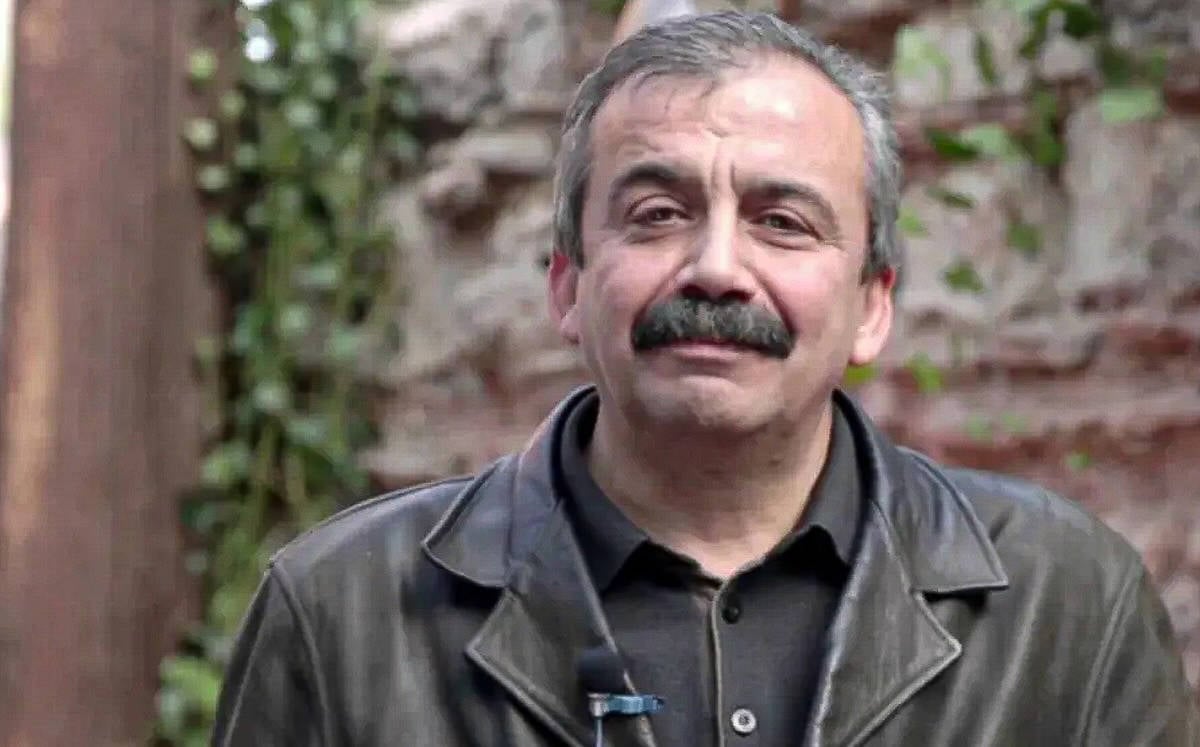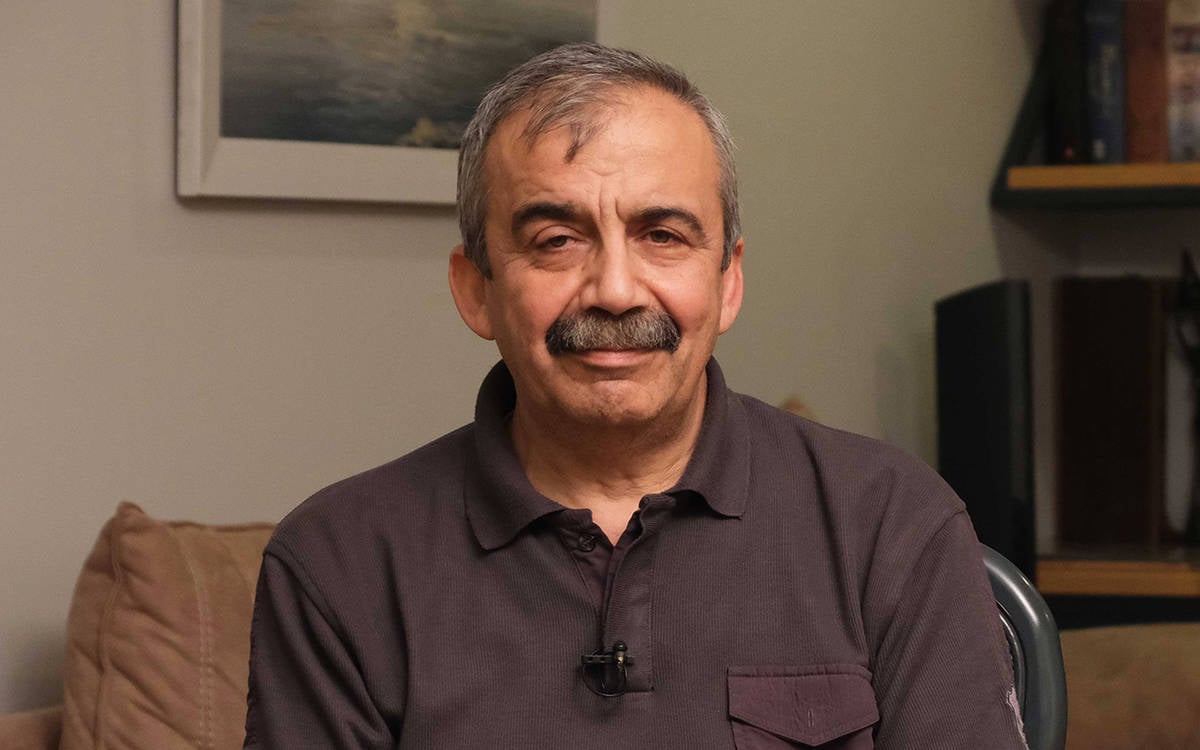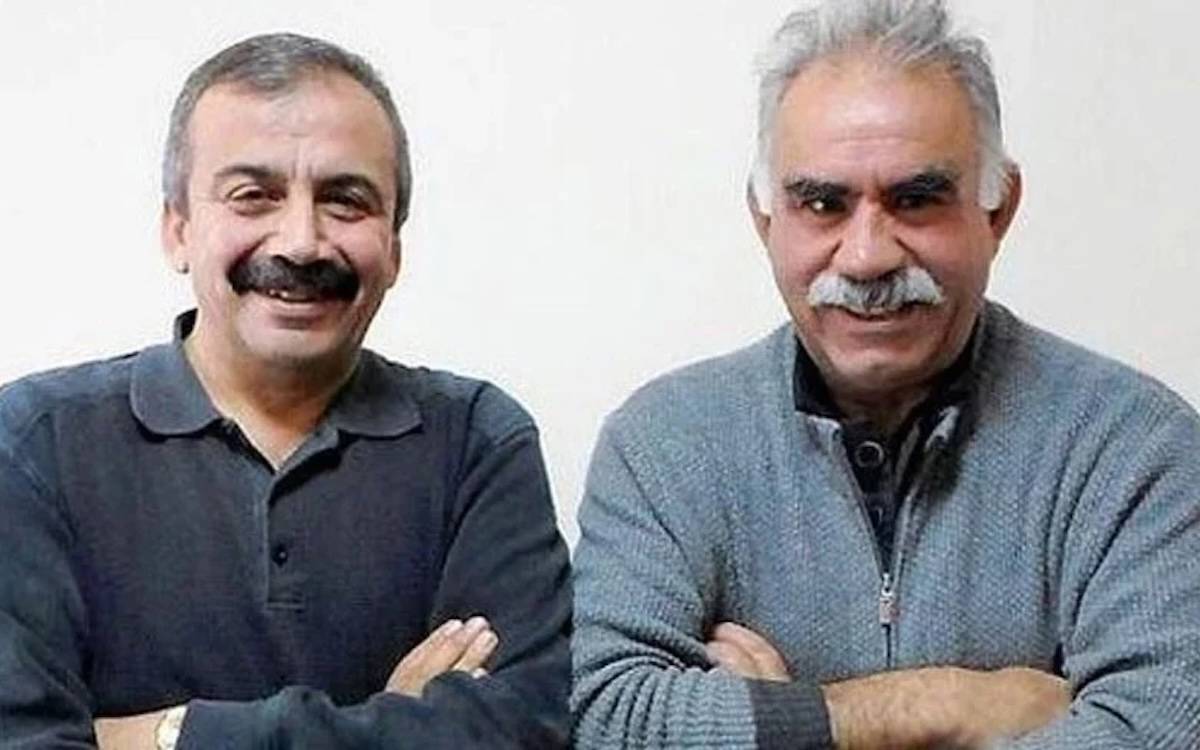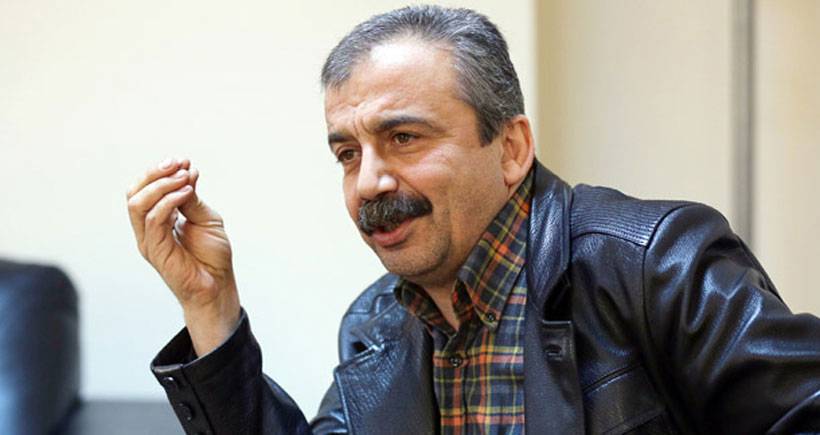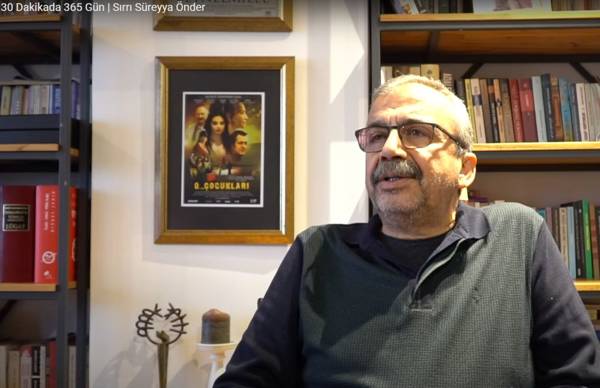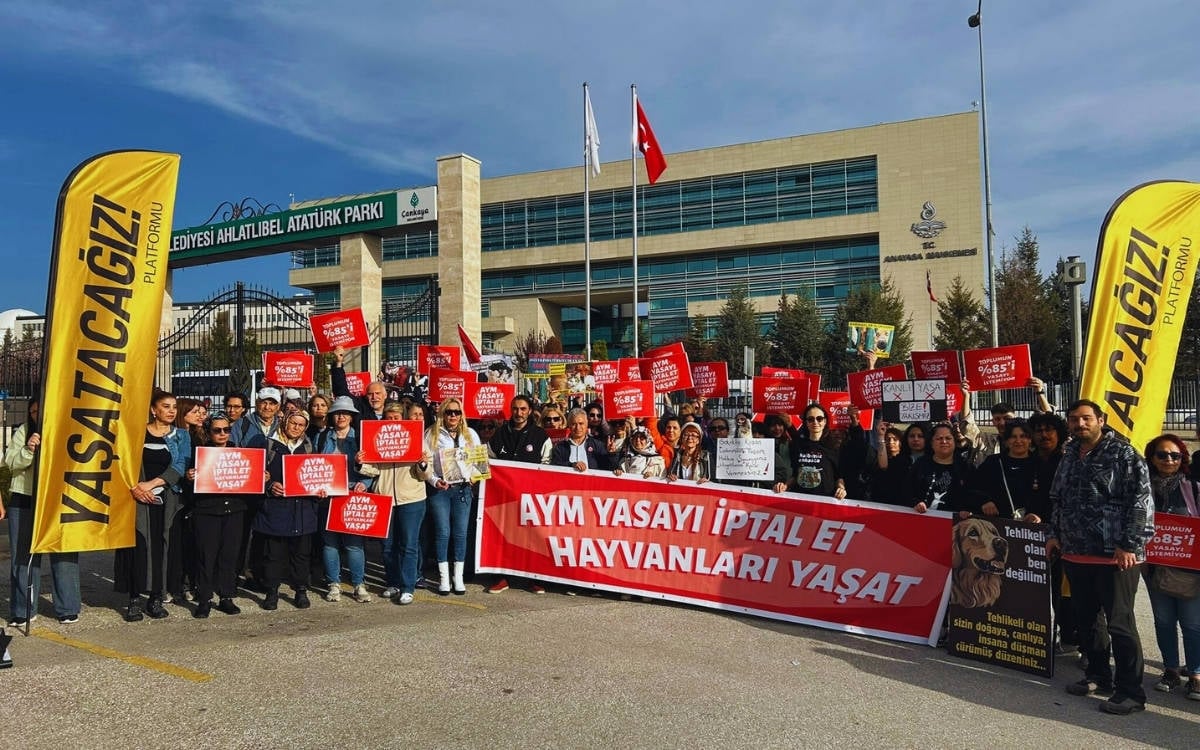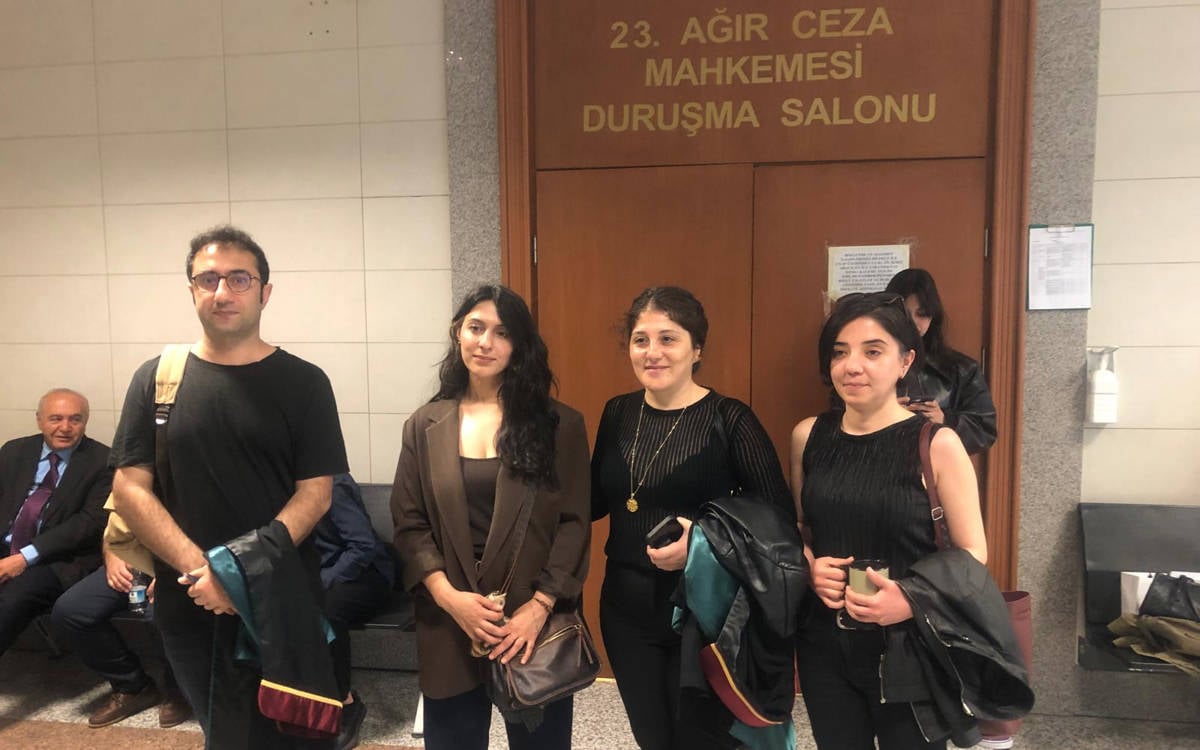After pedaling across the globe, overcoming unimaginable challenges and pushing the limits of endurance, Gürkan Genç, a superhero on a bicycle (or should I say, "knight on an iron horse"?) has finally reached Canada marking it as his 71st country.
He arrived in Vancouver on Apr 14, 2025, after 140,000 kilometers.
For the past two weeks, Gürkan has been here relaxing in Vancouver, a beautiful city with the most moderate climate in Canada. He easily connects with people wherever he goes, often joining them for short bike tours, and accumulates friendships while waiting for missing bike parts to be delivered. Gürkan’s fans who follow him on social media invite him into their homes and warmly welcome him to their tables.
"My dreams extend beyond just traveling by bike. I aim to forge deep connections with the people I encountered along the way while exploring the world's most beautiful places," he shares. He believes that the kindness and good deeds he has received may have truly saved his life, for which he is deeply thankful. "If you are a good person, you do good, and you are rewarded," he adds.
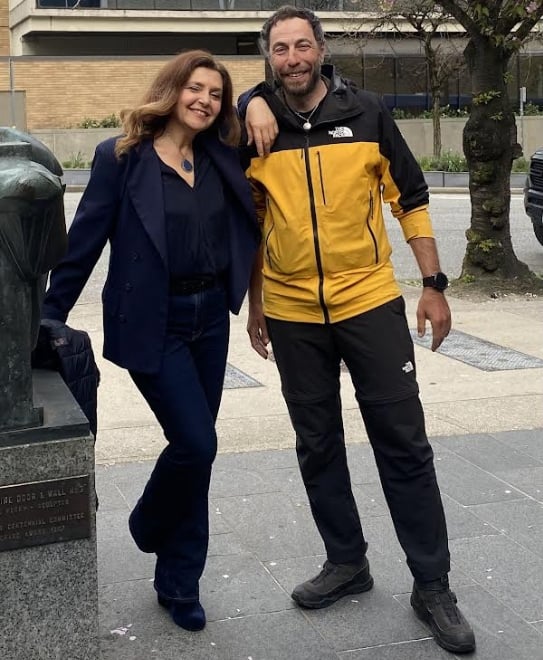
I meet him at the choir concert organized by the Turkish Canadian Society at the Vancouver Playhouse downtown. We have a pleasant conversation with Grade 5 students of mine and their parents in the lobby. When I first learned that Gürkan was heading to Vancouver, I felt a surge of excitement to connect with him. Before settling in Canada, I had traveled the world as an English teacher, embracing various adventures. In my twenties, I relied on my bicycle not for sport, but as a means of transportation. It was alsi my gateway to freedom and a powerful symbol of environmentalism at the time.
After completing his first bicycle journey from Turkey to Japan in 2010-2011, Gürkan Genc embarked on his world tour in 2012. He pedaled through the expansive steppes of Asia, traversed the scorching deserts of Africa, climbed the cool mountains of Europe, and navigated the terrains of America, all riding solo.
Gürkan has cycled across the largest deserts on every continent, conquering terrains like the Tabernas, Sahara, Gobi, Atacama, Arabian, Taklamakan, and ultimately the stunning Great Basin Desert in North America. Alongside this, he pursuing a Guinness World Record by biking to the highest mountain passes on each continent. Australia remains unexplored and he plans to head there after completing his North American journey.
In 2024, Gürkan spent 127 days crossing the United States, covering 11,700 kilometers and climbing a total of 68,000 meters. His route took him through the formidable Rocky Mountains, over Trail Ridge Pass (the highest paved mountain pass in the country) and across the vast expanse of the Great Basin Desert.
Like many long-distance cyclists, he prefers cool, overcast weather and mountain climbs over deserts. This preference may have influenced his decision to head north to Canada and Alaska as summer approached.
Despite his aversion to hot weather, Gürkan has braved some of the world's harshest deserts. When I ask him to name one of his toughest journeys, he recounts his solitary days in the Gobi Desert in Mongolia. He doesn't often complain about the long hours on the road or the feelings of loneliness. Yet, in the unforgiving cold and arid conditions of the famous 2000-meter desert. He faced an even greater challenge when he went 12 days without seeing another soul. "It was a life-threatening experience, actually," he explains, describing the eerie isolating silence of nearly two weeks. He was eager to complete that journey and return "home."
Spain stands out as Gürkan's favorite destination during his travels, followed closely by South Africa and Chile. If he had to choose a place to live outside of Turkey, he said he would undoubtedly pick Spain.

Gürkan is fluent in English and this must be a significant advantage while traveling. As a language teacher, I can't resist asking, "Do you speak any other languages?" He replies, "When you travel around Latin America for five years, learning Spanish is inevitable." In fact, Gürkan speaks several languages, although he admits that he tends to forget them over time if he doesn't revisit the countries where they are spoken.
I don’t ask him about how his equipment, his meals and the weight of his panniers. I hope you find those answers on his website. I ask him, instead, about roots. As a person who traveled around the world prior to settling in Canada, I often reflected on the concepts of being settled versus being rootless. Was I on a quest, fleeing from something, or simply living a different kind of life? When I posed similar questions during our conversation, Gürkan shared that he has embraced cycling around the world as his chosen way of life. To him, his lifestyle is a form of modern nomadism. He insists he has never felt rootless, as his roots are firmly planted in this world.
When I ask Gürkan how he copes with the internal struggles of such a lifestyle, his answer is strikingly pragmatic. “It might sound strange to you,” he begins, “but I don’t have a spouse, children, debts, bills, or daily responsibilities. I’m retired. I have health insurance. I’m a believer. I’ve done the Haj, I have planted trees on every continent. I have written children’s books and provided scholarships to students. In short, I’ve done what I came here to do. Now, I just travel this beautiful world without overthinking it.”
He tells me he's been on the road for 15 years, and over time, his travels have also become a livelihood. He earns money from his journeys and, whenever he wants, he can rent a place and settle temporarily in any country. Sometimes, he pedals alone across a nation just to understand it more deeply. “This isn’t something I was pushed into,” he says. “I don’t do this to prove a point to anyone. It’s simply the life I’ve chosen.”
But what about fears? I wonder. Once again, Gürkan’s reply is clear and without hesitation. Having lived so long outside the boundaries of conventional life, he says many common fears no longer apply. “I’m only afraid of losing my loved ones before I complete this world tour,” he says. Then, with a laugh, he adds, “Oh and mosquitoes in Africa! I once had malaria. I never want to go through that again.”

I ask him about time flow and perceptions of time. “Time?” he muses. “My only concern with time is when my visa runs out. That’s what guides my route. For instance, when I am in Canada, I ride from Vancouver all the way to the opposite coast. People keep inviting me into their homes. It takes me a year. But I’m not in a rush. There’s no medal at the finish line. No cash prize for getting there faster.”
Gurkan has gained a celebrity status. He has been featured on television across the U.S. and in many articles published in multiple languages. He also maintains a meticulously updated blog. He gives talks and frequently goes on mini rides with those he meets. Naturally, this raises the question: how does this journey impact and inspire others, especially the younger generation?
“I’m not doing this to set an example,” he says. “But I know I’ve inspired people. Some went on their own adventures because of me. Others got married, had kids, started new lives or businesses in different countries. My story changes people, not because I try to, but because I share it.”
I am sure that his story has left a deep impression, especially on children and young people. On the day I meet Gürkan, I witness how he speaks with compassion and attention to one of my students and two other children. He clearly loves children.
His children's book series, The Man with the Iron Horse, captures his global experiences in a way that educates and uplifts. Through these stories, he weaves themes of nature, resilience, and environmental awareness, encouraging young readers to see the world with curiosity and care. He regularly gives presentations to schoolchildren in and outside of Turkey, sometimes in person, sometimes virtually.
He also enjoys speaking in schools. I invite him to my school, where I work as a teacher hoping that when he passes through Vancouver again on his return from Alaska, he might talk to our students about cycling, and the impact of cycling on the environment.
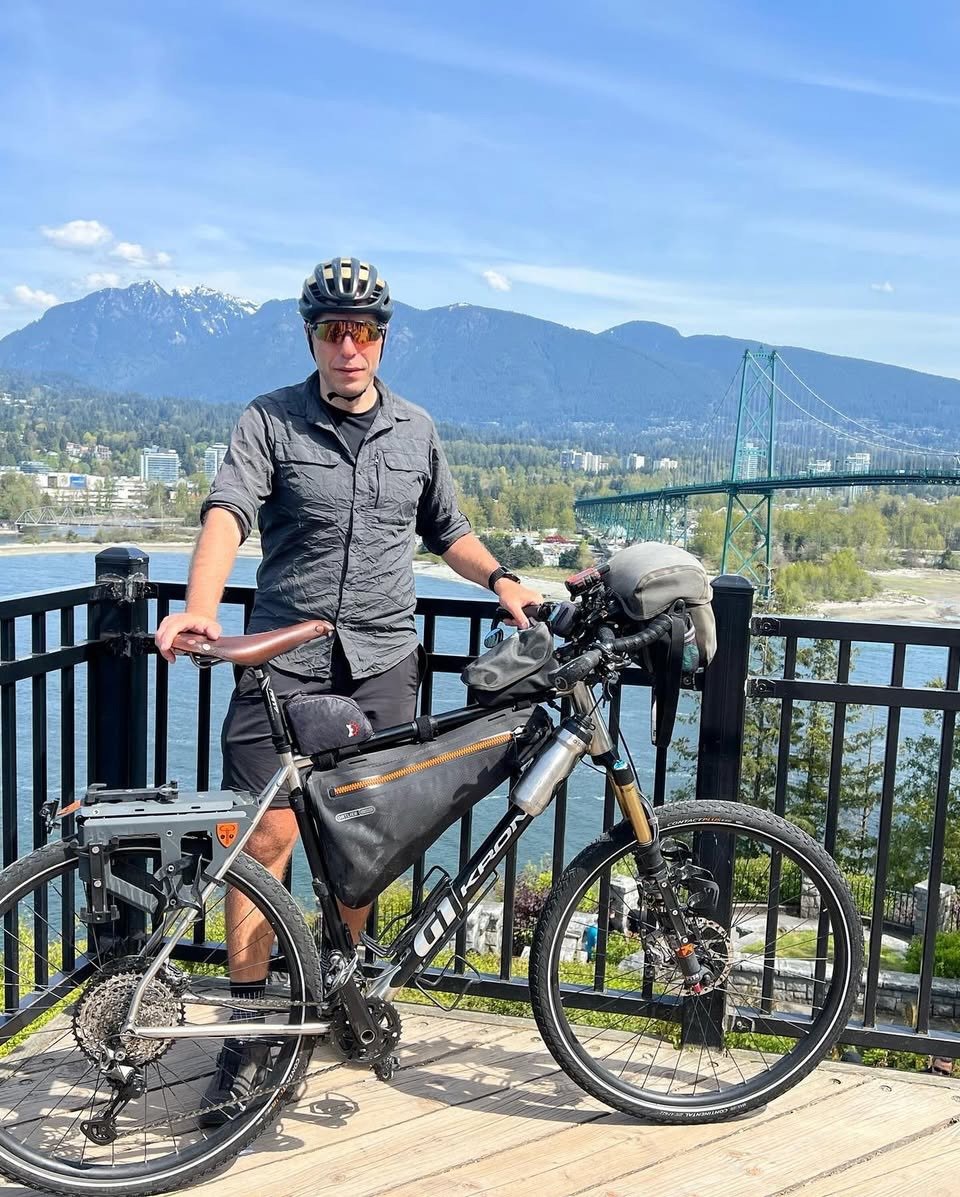
A few days later, Gürkan sets off from Vancouver. For him, Alaska is more than just a scenic destination. It’s a mystery waiting to be unraveled. He looks forward to the people he’ll meet and the campfires he’ll share.
Even if one day he stops pedaling, he says, he’ll continue his journey through storytelling, writing, and other new projects. One cause he’s especially passionate about is promoting cycling as a sustainable mode of transport, especially in Turkey.
Some officials from the Ministry of Environment and local municipalities have reached out to him to discuss building infrastructure for cycling, but progress has been slow to come. When I ask him to elaborate on the subject, he tells me Ankara could very well become a model cycling city. In his blog and videos, he often comments on road safety, bike lane designs, and signage. He even creates digital mock-ups of bicycle networks that could integrate seamlessly into urban spaces without disrupting pedestrians or traffic.
Our conversation circles back to bicycles and urban planning a few times, a topic that clearly energizes him. Helping municipalities, the Ministry of Environment, and other agencies build functional bike networks is a long-term goal for him.
And really, who better than Gürkan for this task? With his global perspective and firsthand experience, he’s among the few who can offer truly practical, culturally sensitive advice. He’s adamant, though, that Turkey’s bike lanes shouldn’t copy foreign models. They must be adapted to our own cultural and environmental realities. “It all starts with some awareness,” he says. “Then education, then budget and we already have those three.”
While he remains cautiously optimistic, he dreams of one day helping to shape the future of cycling in Turkey. I wish him all the best in reaching this goal. Safe travels to Alaska, Gürkan! (NS/VK)




